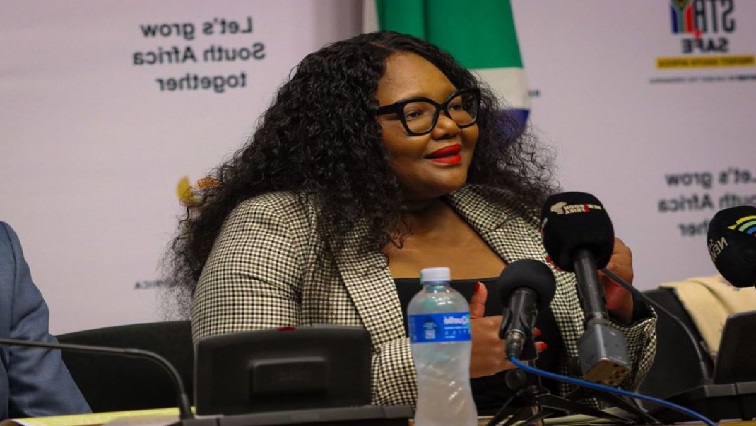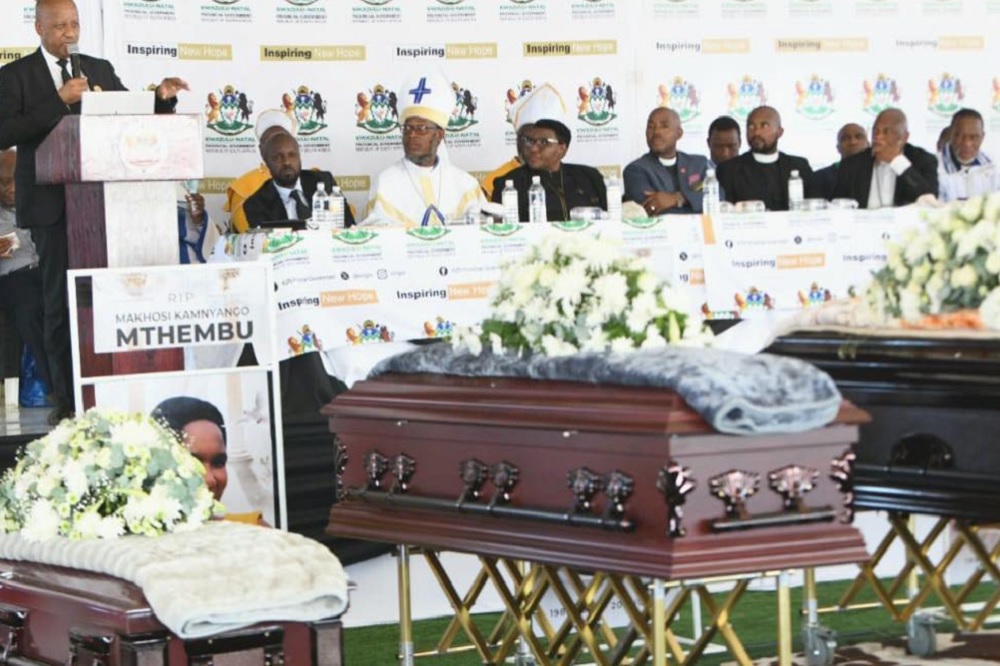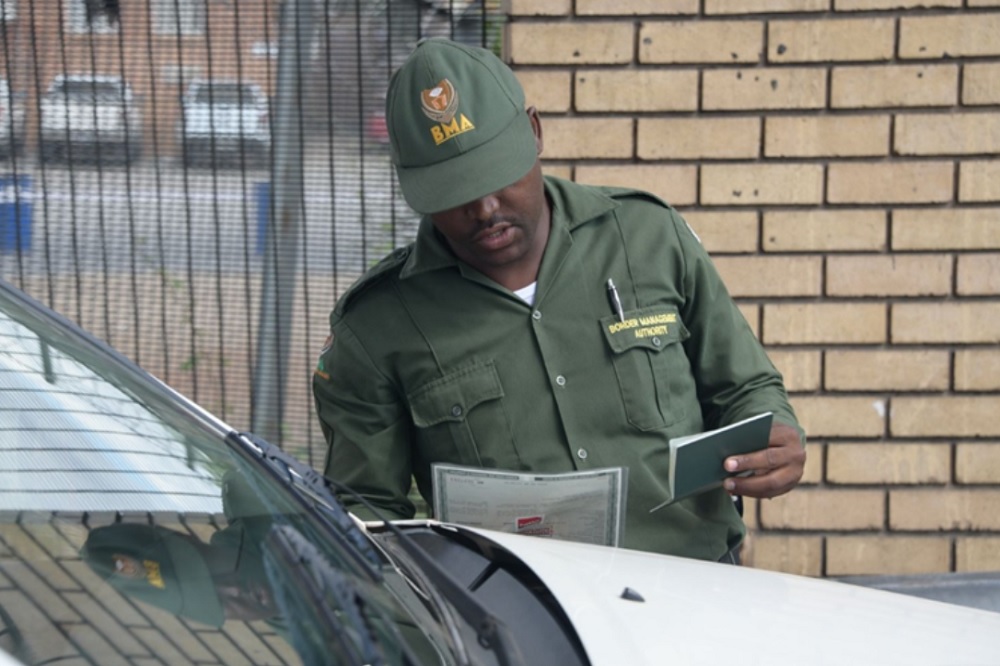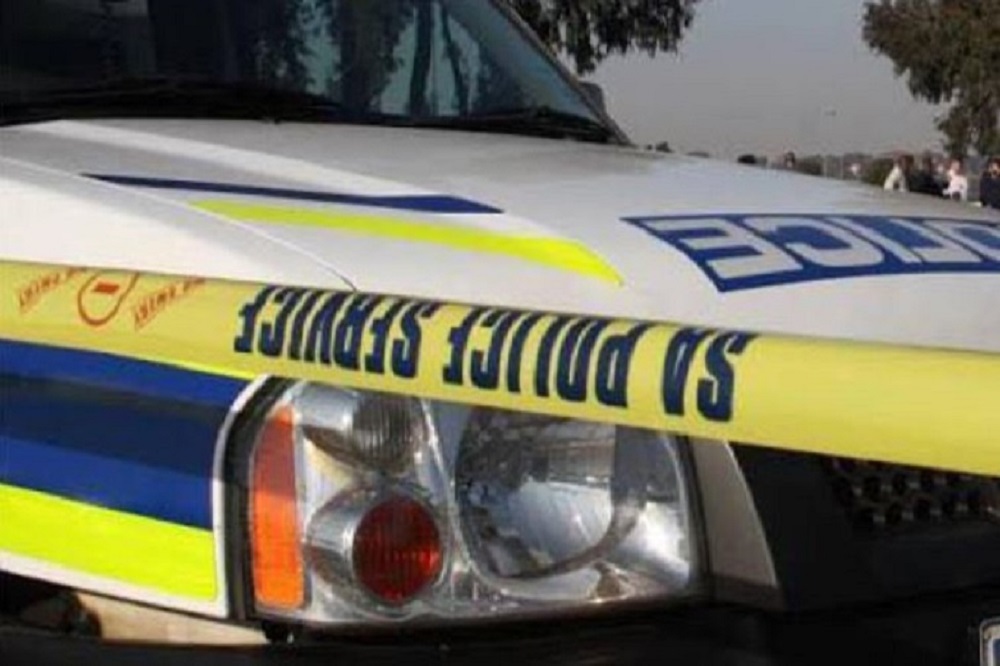-
[File photo] Basic Education Minister Siviwe Gwarube
The Department of Basic Education says 90% of the public schools are currently in a better position in terms of the infrastructure assessment conducted. The department gave an update on the progress made on school infrastructure to the Portfolio Committee on Basic Education in Parliament.
It says this assessment includes issues of water and electricity provision, as well as sanitation and the eradication of pit toilets, among others.
Basic Education Minister Siviwe Gwarube, however, says about 8% of schools are still under poor conditions in terms of the infrastructure provision and they can be deemed unsafe if there is no improvement.
The minster says the issue of school infrastructure is not a once-off challenge but a process. She says while the core function of the department is to provide learning, at the same time it cannot ignore the development of the infrastructure in schools.
“So, it’s heartwarming that 90% of schools are in either a fair or in good conditions. But there is still 8% and 8% of over 24,000 schools is a lot. So, to have 8% of schools in a poor condition is something we really need to work hard towards. And 2% in a very poor conditions are still to a larger number because there are still children who still go to those schools and often these things can be deemed unsafe,” says Gwarube.
Gwarube told the committee that more than 8,000 schools in the country still require additional classrooms at the costs of about R32 billion.
“We are here to say – and this is something we really need to resolve – over 8,222 schools still require additional classrooms and that is estimated to be R32 billion that we need to come up with. So, R32 billion, Chairperson, is a huge amount of money. While we are working hard with the provinces to try to resolve this, but R32 billion to resolve this crisis is real something that we are paying attention to. 35,585 schools require additional toilets to cope with the rising number of learner number, enrolment numbers and that will require about R14 billion for us to be able to give them additional toilets,” says Gwarube.
The Basic Education Minister has vowed that her department will ensure that the eradication of pit toilets in schools is completed by the end of this current financial year.
“We are now at the end of the last financial year, and we are standing at 96 of the pit toilets that have been eradicated and only 139 of these projects remain from the 2,018 backlog. Again, just to create a caveat here, members, that it does not mean that there are no pit toilets in South Africa, only 139 of them exists. It says that from the 2,018 backlog or the audit that was done, 139 of these projects still exists. And I do also want to ensure members, while we may not have met our deadline of the end of the financial year of the previous financial year, we are working day and night to make sure that we will come and report to you once this has been done and once, we have launched a new audit,” she adds.
The department says it is currently in the process of applying for what it calls a budget facility from the National Treasury with the aim to provide provincial departments with sufficient funding for school infrastructure development.
“Gauteng and Western Cape received allocation from the budget facility for infrastructure. And we are looking now at ensuring that all the remaining provinces get some kind of allocation from the BFI. We are working with infrastructure South Africa, as well as tech in the National Treasury who are assisting us with this application. We are at the tail-end as soon as it is done. It will go through the DG and the minister for the approval and submission to the National Treasury and we hope we will be getting a positive response,” says Solly Mafoko, the Acting DDG of the department.
Mafoko says the provincial departments themselves have a responsibility to provide funding for the school infrastructure through their equitable share from the national government.
“Some of them are not even putting a cent in terms of the equitable share. So, if provinces are also not showing such seriousness in terms of putting in money into the infrastructure budget, its going to take forever to address this challenge that we have,” says Mafoko.











